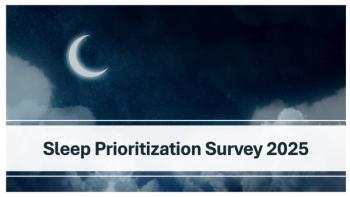
Better Workplace Culture and Support Is Linked to Fewer Sleep Disturbances — and Improvements Make a Measurable Difference
In one of the largest and longest-lasting studies of workplace culture and employees’ sleep patterns, Scandinavian researchers found both a clear link between the two and improved sleep over time when leadership increased psychosocial resources.
Sleep specialists often advise patients who sleep poorly to change their behavior, like consistently going to bed at the same time every night and cutting out alcohol before getting under the covers. Quitting jobs that are stressful or require rotating shifts are harder to do.
A
The study used data from more than 100,000 workers drawn from three nationwide or nationally representative cohorts in Sweden, Denmark and Finland that was collected every two to four years. All had filled out questionnaires about their sleep disturbances and issues that the researchers used to measure a cluster of psychosocial resources at work.
Two of the measured resources were top-down (vertical): “leadership quality,” like listening and appreciation, and “procedural justice” — fairness in decision-making and dispute resolution. The other two were horizontal: collaborative culture and coworker support. Responses from most participants were recorded up to three times in follow-up that lasted up to six years.
The study found a clear relationship between psychosocial resources and sleep disturbances. Compared with participants who described generally low resources, those with high resources experienced lower levels of sleep disturbances in a dose-response relationship. The highest resource group had a 0.38 odds ratio of disturbed sleep compared with the lowest resource group.
About half the participants reported changes in the cluster of psychological resources within two years. Improvements in the vertical or horizontal dimensions were associated with reduced odds of persistent sleep disturbances. The lowest odds of sleep problems were found in the group with improvements in both.
A decline in both vertical and horizontal resources was associated with increased likelihood of sleep disturbances (OR: 1.74). Interestingly, adjusting for the potential confounder of working the night shift did not substantially change the results.
The study also found that vertical (those controlled by the boss) psychological resources had a greater effect on sleep problems in the long term than horizontal resources. “This finding is plausible, considering the greater power of leaders to affect a positive working environment,” wrote first author
The study findings, they wrote, supported the “modifiability of sleep disturbance risk by targeting workplace psychosocial resources.
Newsletter
Get the latest industry news, event updates, and more from Managed healthcare Executive.























